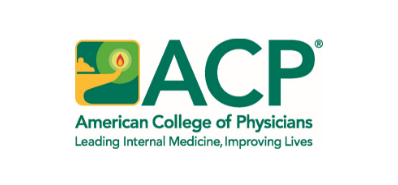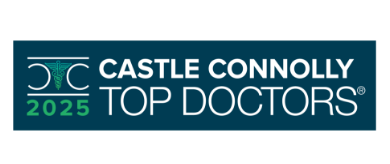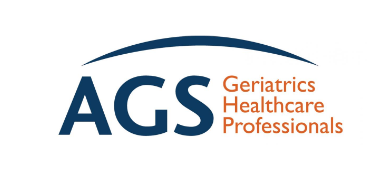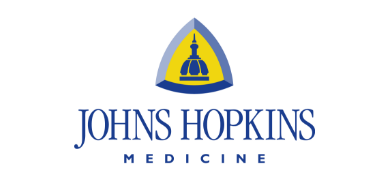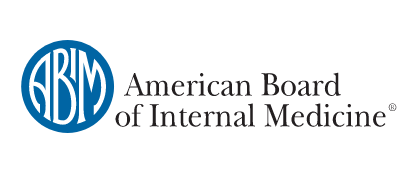Concierge Medicine

THE PROBLEM WITH TODAY'S HEALTHCARE
It’s clear there is a problem in healthcare. With the average primary care provider struggling to keep up with the needs of thousands of patients, appointments are often rushed and difficult to come by. Who came up with this system? Why is it so difficult to get the care that you deserve?
Why is it so difficult to get ahold of my doctor?Why do all my visits feel so rushed?Does anyone even care about my health?




PRIMARY CARE THE WAY IT SHOULD BE
Devine Concierge Medicine is an exclusive offering of truly exceptional medicine. Founded by brothers, Michael & Daniel Devine, every detail has been carefully considered and highly designed to provide precisely the type of care they would want for their own families.
Whether you are a busy professional with a tight schedule, a caretaker of an aging parent, or merely interested in improving your quality of life, there is no substitute.
As a patient of Devine Concierge Medicine, you’ll enjoy 24/7 access to your care team and on-demand, unrushed appointments at your home or office. No more long waits or uncertainty, just swift access to the care that you deserve.
Concierge Medicine: A Higher Level of Care
Your care team will be more than medical providers — they'll be your advocates, your confidants, and your partners in your pursuit of health and wellness. Life is precious. Your health is an asset. We are passionately committed to helping you secure them.
Highly PersonalizedYou’re unique — the approach to managing your health should be too. Your physician and care team will work with you to create a customized health plan based on your personal risk profile, then provide continuous oversight. Simply put, we’ll worry about your health so you don’t have to.
You’re unique — the approach to managing your health should be too. Your physician and care team will work with you to create a customized health plan based on your personal risk profile, then provide continuous oversight. Simply put, we’ll worry about your health so you don’t have to.
ConvenientWith an emphasis on our clients’ safety, privacy, and comfort, every visit is provided via house call. Using highly-portable, state-of-the-art equipment, our capabilities often surpass those of a typical primary care office — all in the convenience of your very own home.
With an emphasis on our clients’ safety, privacy, and comfort, every visit is provided via house call. Using highly-portable, state-of-the-art equipment, our capabilities often surpass those of a typical primary care office — all in the convenience of your very own home.

AccessibleYour doctor should be available when you need them. Our clients have our personal cell phone numbers, allowing for immediate, direct-access 24-hours a day, 7-days a week. Same-day appointments are guaranteed and last as long as you want.
Your doctor should be available when you need them. Our clients have our personal cell phone numbers, allowing for immediate, direct-access 24-hours a day, 7-days a week. Same-day appointments are guaranteed and last as long as you want.

Concierge Care CoordinationNot only will we help cherry-pick the very best when you need a specialist referral or procedure, but your care team will take care of all the scheduling for you. We’ll coordinate the where, the when, and with who — all you have to do is show up!
Not only will we help cherry-pick the very best when you need a specialist referral or procedure, but your care team will take care of all the scheduling for you. We’ll coordinate the where, the when, and with who — all you have to do is show up!
Devine Concierge Medicine Versus Traditional Primary Care
Our concierge practice is designed to be a better version of primary care, one that works around your schedule and your life. Your physician and care team are available around the clock for questions or consultations. Consider us your partner on your journey to health and longevity.
| Traditional Primary Care | Devine Concierge Medicine | |
|---|---|---|
| 24/7 direct access to your physician | ✘ | ✔ |
| Personal, custom-tailored medical care | ✘ | ✔ |
| House calls | ✘ | ✔ |
| Same-day scheduling | ✘ | ✔ |
| Unrushed appointments | ✘ | ✔ |
| Seamless coordination of care | ✘ | ✔ |
OUR SERVICE AREA
We provide concierge medicine to those on Philadelphia’s Main Line and the surrounding areas. If you don’t seem to be in our service area, reach out anyway. We may be able to accommodate.
 MAP
MAPABOUT OUR PHYSICIANS
Trained at the prestigious Johns Hopkins and Harvard’s Massachusetts General Hospital, the Devine brothers bring a level of expertise nearly impossible to find outside the bastions of large academic medical centers — through which, it would be unheard of to receive this level of highly attentive, personalized care.
DON'T TAKE IT FROM US

"The wonderful thing about Drs. Dan and Mike is that they immediately respond to any question or need. They show they know you and are partners in your health care. I couldn’t be more pleased."

"It has been wonderful working with Drs. Dan and Mike Devine! They are smart, kind and available 24/7. My own private doctors! It is a blessing! I am so glad that I found them."

"I have been with Dr. Mike Devine for several months now and can't be happier with the service and knowledge. It has been a great experience and would recommend him and his team to everyone."
Interested in a better primary care experience?
Limited space remains available. Request more information today.
Reach out with any questions you may have, or to learn how we can help you achieve your health and wellness goals.




